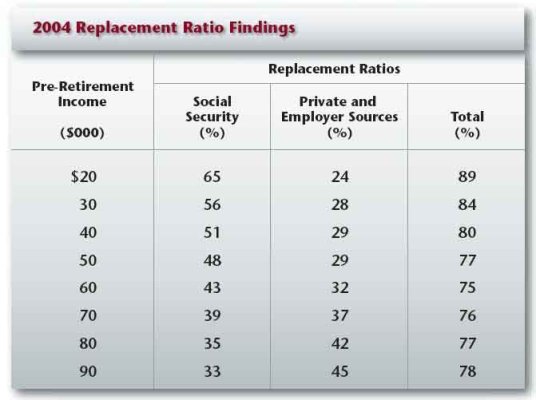boatfishandnature
Recycles dryer sheets
- Joined
- Aug 18, 2011
- Messages
- 106
I know that this topic has been extensively discussed and the usual answer is either "70% or so of pre-retirement income" or " varies from person to person, calculate your expenses". But on the 70% rule, surely there is a maximum amount beyond which it is a diminishing % as income raises, no? At the extreme, surely Bill Gates and Warren Buffett do not need 70% of their current income in order to retire?
Has there been any more formal thinking around this diminishing % concept? Ideas?
Has there been any more formal thinking around this diminishing % concept? Ideas?


 Sold mine before I retired.
Sold mine before I retired.